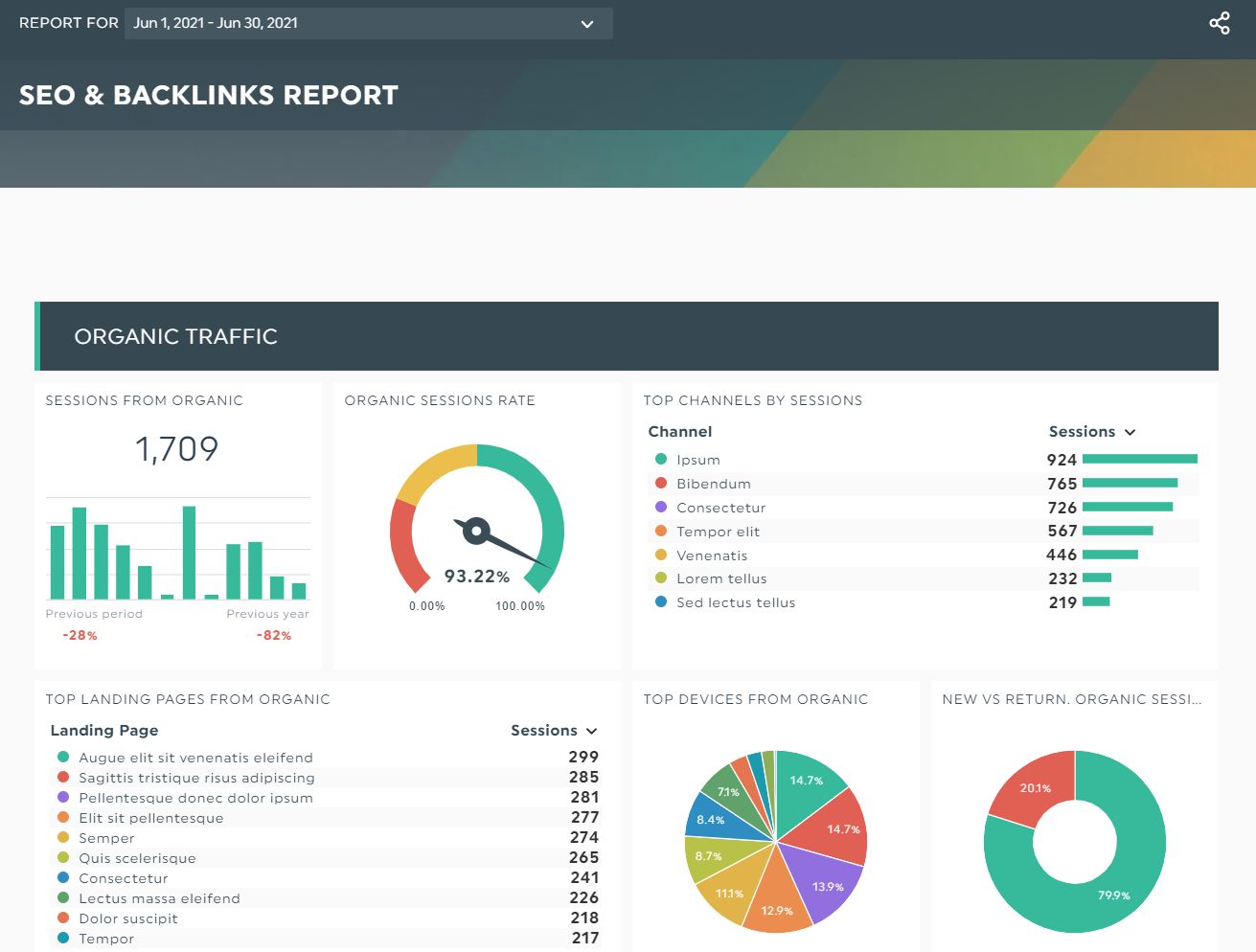Google Analytics is an essential tool for understanding your website’s performance and improving your SEO efforts. By providing valuable insights into user behavior, traffic sources, and content performance, Google Analytics can help you make informed decisions to enhance your online visibility. In this blog post, we’ll explore how to effectively use Google Analytics for SEO and optimize your website for better results.
Why Google Analytics Matters for SEO
Google Analytics allows you to track key metrics that influence your SEO performance. By analyzing this data, you can identify trends, uncover opportunities for improvement, and assess the effectiveness of your SEO strategies. Here are some essential ways to use Google Analytics for SEO:
Key Metrics to Monitor in Google Analytics
1. Organic Traffic
Organic traffic refers to the visitors who land on your site through search engine results. To find this data, navigate to Acquisition > All Traffic > Channels in Google Analytics. By monitoring organic traffic, you can gauge the effectiveness of your SEO efforts over time. For more tips on increasing organic traffic, check out our SEO Services.
2. Keyword Performance
While Google Analytics doesn’t provide keyword-level data directly, you can gain insights into which pages attract organic traffic. Under Behavior > Site Content > Landing Pages, you can see which pages receive the most traffic. Use this information to optimize high-performing pages further and identify areas where you can improve keyword targeting.

3. User Behavior Metrics
Understanding how users interact with your site is crucial for SEO. Key behavior metrics to monitor include:
- Bounce Rate: A high bounce rate may indicate that users are not finding what they expect. Analyze pages with high bounce rates and optimize their content.
- Average Session Duration: Longer session durations generally indicate that users find your content engaging. Use this data to assess and improve user experience.
4. Conversion Tracking
Setting up goals in Google Analytics allows you to track conversions, such as newsletter sign-ups or purchases. To improve your SEO, focus on optimizing landing pages that lead to conversions. Monitor which traffic sources drive the most conversions to refine your SEO strategy.
5. Content Performance
Analyze which content resonates most with your audience. Go to Behavior > Site Content > All Pages to view the performance of individual pages. Look for trends in high-performing content to inform your future SEO strategy.
6. Mobile Traffic Analysis

With mobile-friendliness being a crucial factor in SEO, it’s important to track how your site performs on mobile devices. Under Audience > Mobile > Overview, you can analyze mobile traffic, bounce rates, and user behavior to optimize your mobile experience.
Conclusion
Using Google Analytics for SEO provides valuable insights that can significantly improve your website’s performance. By monitoring organic traffic, keyword performance, user behavior metrics, conversion tracking, content performance, and mobile traffic, you can make informed decisions that enhance your SEO efforts.
Call to Action
Ready to boost your SEO performance with data-driven strategies? Contact us today for a comprehensive analysis of your website and discover how our services can help you reach your online goals!
Phone: 0161 399 3517
Email: Syed_66@hotmail.com
Or visit Social Media Max for more information on our offerings.